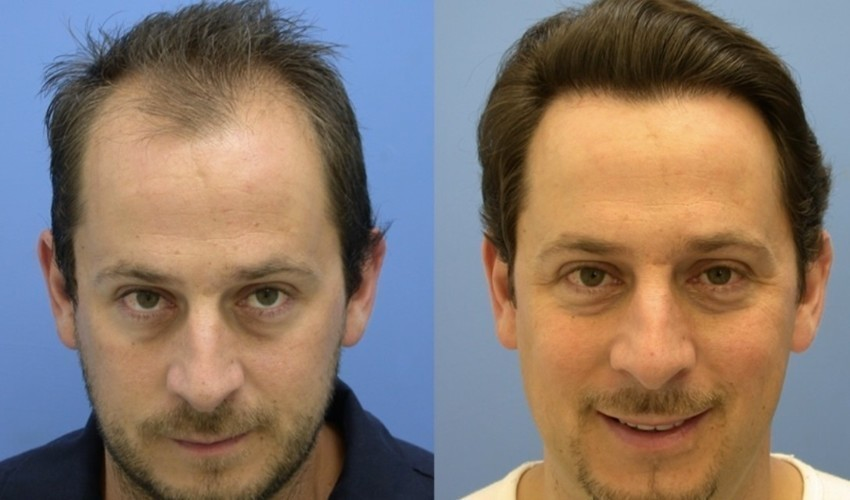Is a Hair Transplant Right For Me?
You may be a candidate for hair transplant surgery if you have healthy hair growth at the back and sides of the head to serve as donor areas.
You may be a candidate for hair transplant surgery if you have healthy hair growth at the back and sides of the head to serve as donor areas.
You may be a candidate for hair transplant surgery if you have healthy hair growth at the back and sides of the head to serve as donor areas.
Please find more before and after photos further down the page along with our FAQs on hair transplants.
It’s important to understand that all hair transplantation techniques use your existing hair. The goal of surgery is to find the most efficient uses for existing hair.
Remember, there are limits to what can be accomplished. An individual with very little hair might not be advised to undergo hair transplant surgery.


“I did my research and although I was apprehensive at the time I’m now so happy with my new look, the consultant & surgeon have been very helpful and informative, thanks again HLC.”
Take a look at some of the common questions regarding Hair Transplants.